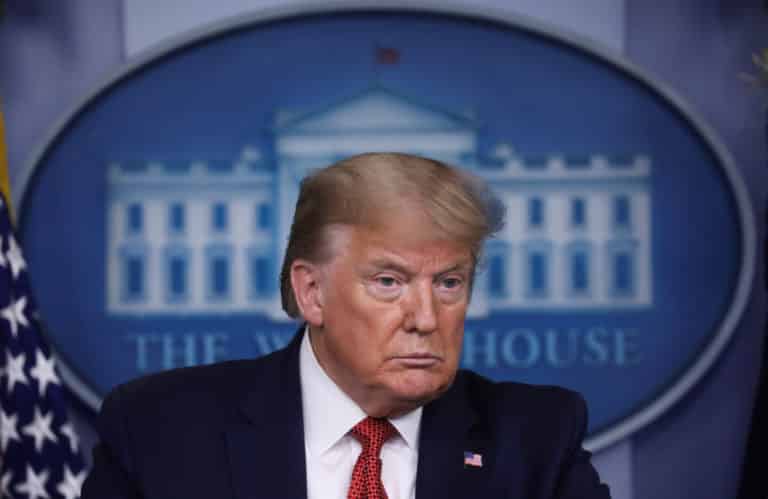Some U.S. states were expected on Friday to announce timetables for lifting restrictions aimed at blunting the coronavirus pandemic, a day after President Donald Trump outlined guidelines for a phased reopening of the devastated U.S. economy.
In Texas and Florida, Republican governors were expected to outline plans for a gradual reopening, according to media reports, and the city of Jacksonville, Florida, will allow beaches and parks to reopen with some restrictions.
“Reopening will take time and be done in thoughtful measured steps,” Jacksonville Mayor Lenny Curry wrote on Twitter. “As we open areas it is important for folks to practice social distancing. Let’s get the beach and park openings with limitations right. Keep moving. No large groups.”
The Republican Trump, seeking a second term in a Nov. 3 election against presumptive Democratic nominee Joe Biden, on Thursday laid out new staggered, three-stage guidelines for U.S. states meant to revive the economy even as the country goes on fighting the pandemic.
In heavily industrial Michigan, Democratic Governor Gretchen Whitmer said on Friday she hoped to begin re-engaging parts of the economy on May 1. Michigan, a state that Trump narrowly won in 2016, has faced one of the fastest growing infection rates, but residents have pressed to reopen the state’s economy, some even taking to the streets in protest.
Mississippi’s Republican Governor Tate Reeves said he would extend by a week a stay-at-home order that was set to expire on Monday while easing some restrictions early next week.
Beaches and lakes can reopen on Monday for fishing and relaxing, while non-essential businesses can sell products for drive-through pick-up or delivery, he said.
“We are easing the brakes on ‘non-essential’ businesses,” Reeves said. “I wanted to announce that we can all ease up and re-open today, but we can’t. We are still in the eye of the storm.”
The United States has reported more coronavirus infections than any other country, with nearly 670,000 cases and at least 33,300 deaths. The infections and casualties are spread unevenly across the country, with more densely populated places such as New York and New Jersey suffering the most.
On Friday, New York City Mayor Bill de Blasio canceled permitted city events through May, extending the cancellation by a month. He said events for June were under review. He said New York has to set a “high bar” for restarting large group events.
A FIRST PHASEStates that have met the federal criteria can move into the first phase of re-opening on Friday, Trump said on Thursday.
“You have very different states. If you look at Montana, Wyoming, North Dakota, that’s a lot different than New York, a lot different than New Jersey,” he said.
Rural Montana has reported 415 cases and 7 deaths and Wyoming 296 cases and 2 deaths, while New York state has 14,776 casualties, nearly half the national total.
Democrats such as Biden and U.S. House of Representatives Speaker Nancy Pelosi criticized Trump’s plan.
The guidance “does nothing to make up for the president’s failure to listen to the scientists and produce and distribute national rapid testing,” Pelosi said.
The extraordinary measures to control the novel coronavirus outbreak have battered the U.S. economy – a record 22 million Americans have sought unemployment benefits over the past month, almost wiping out all the job gains since the Great Recession.
Trump’s plan is a set of recommendations for state governors, some of whom Trump has clashed with during the coronavirus crisis. It marks a retreat by the president, who on Monday insisted he had total authority to direct states to reopen or remain closed.
With the onus on governors, Trump is giving himself political cover if anything fails. He played down the seriousness of the threat posed by the coronavirus in the early weeks of the outbreak.
New York and six other Northeastern states on Thursday extended coronavirus stay-at-home orders to May 15.
In Utah, Lieutenant Governor Spencer Cox told CNN parts of the state economy may reopen cautiously in the next couple of weeks. The state is “ramping up testing,” Cox said.
“We can’t just turn the faucet all the way back on. It’s not a sledgehammer, it’s surgical.”
(Reporting by Maria Caspani,Susan Heavey and Lisa Lambert; Writing by Grant McCool; Editing by Howard Goller)

























 Continue with Google
Continue with Google